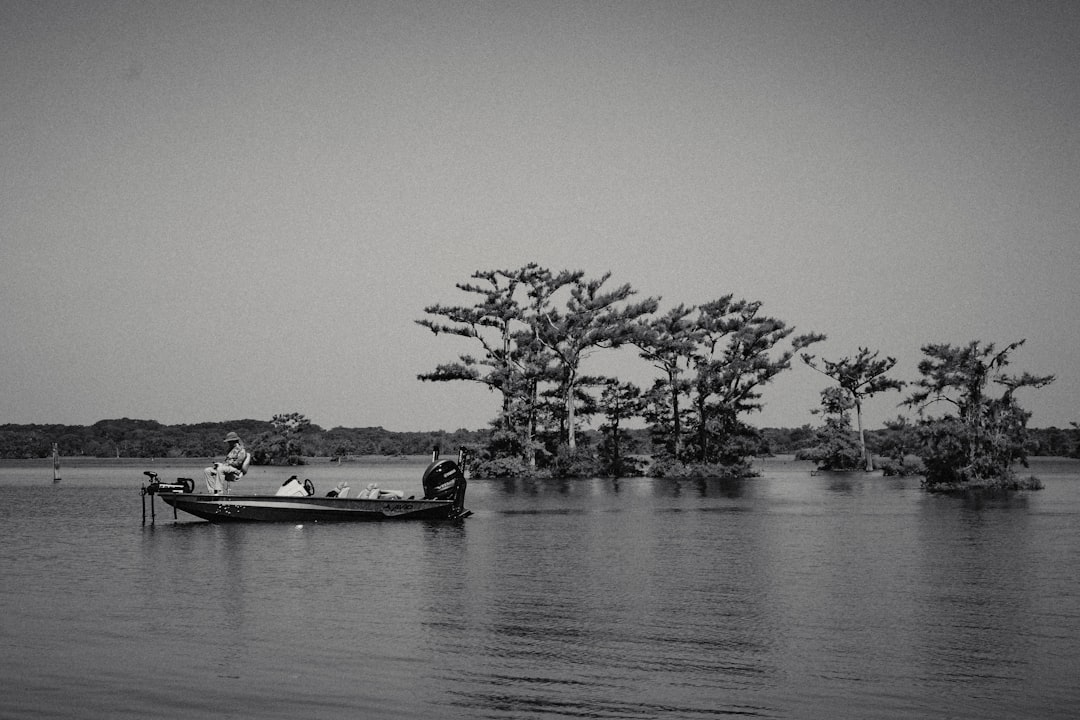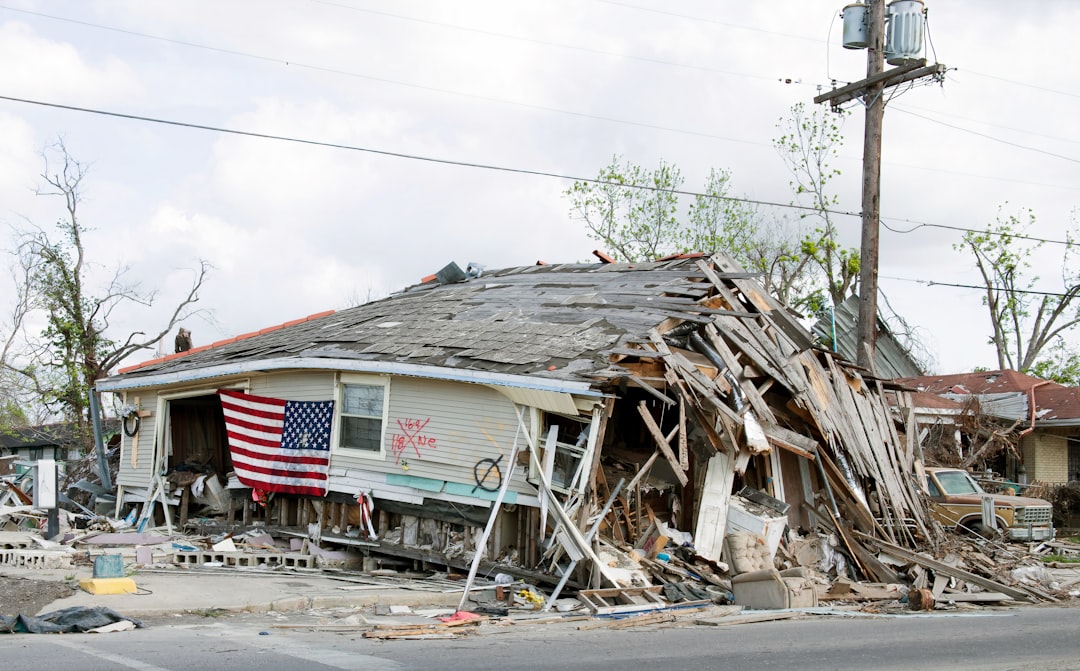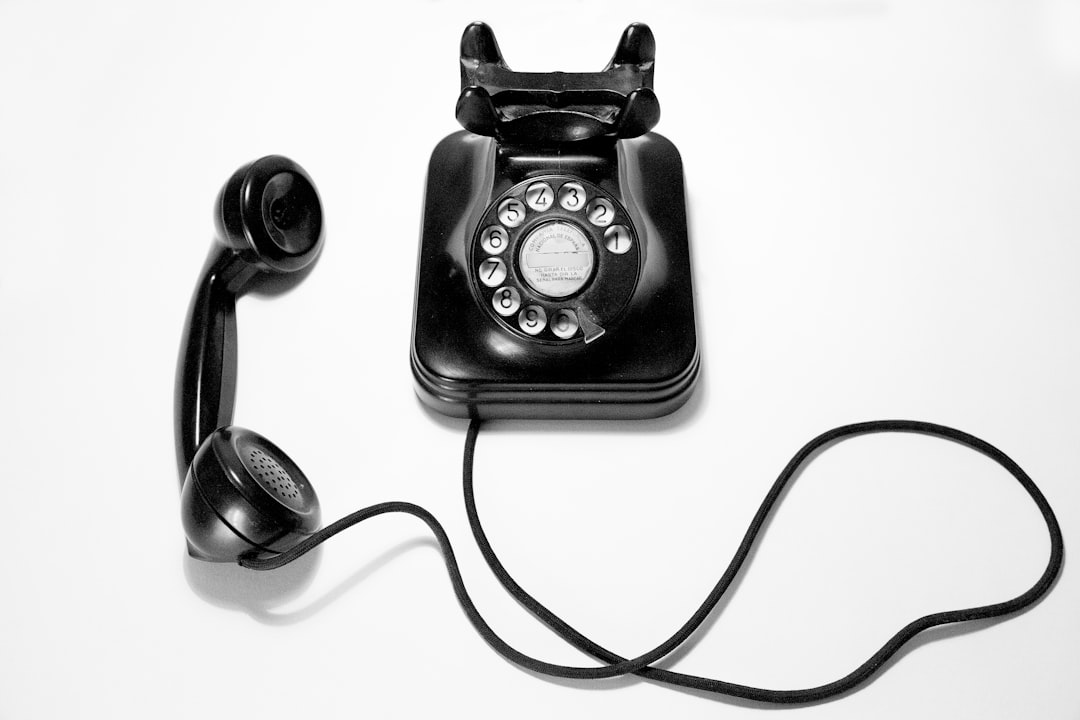In New Orleans' historic core, a distinctive Creole culture emerged from the fusion of African, European, and Indigenous heritages. Flourishing in the 18th and 19th centuries, this cultural crucible birthed jazz music, iconic cuisine, and an artistic haven. Today, despite modern challenges like Do Not Call laws in Louisiana, the Creole community proudly preserves its unique language, traditions, and identity through educational initiatives and festivals. Specialized Do Not Call lawyers assist residents and businesses navigating these regulations, balancing privacy protection with legitimate communication, vital for New Orleans' cultural vibrancy and business environment.
“Unveiling New Orleans’ Creole Culture: A Rich Heritage and Legal Navigations
New Orleans, with its unique blend of cultures, has a profound history that shapes its identity today. This article delves into the evolution of Creole culture, exploring its roots from early communities to its vibrant expression in music, cuisine, and art. We navigate the legal challenges faced by this community, including Do Not Call laws, and uncover how these struggles contributed to their resilient spirit. Discover the modern efforts to preserve Creole heritage and learn from the legal expertise of Louisiana’s Do Not Call lawyers, who play a vital role in protecting cultural identities.”
The Birth of Creole Identity: Exploring Early New Orleans Communities
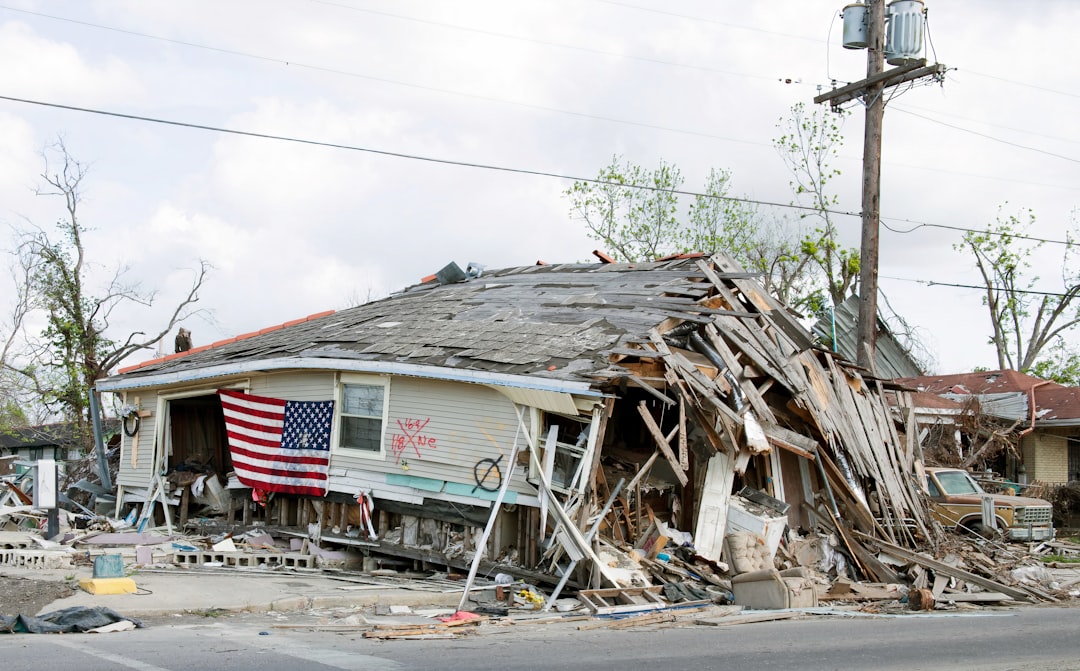
In the heart of New Orleans, a unique cultural identity emerged—Creole, shaped by the intermingling of diverse ethnic groups and influenced by the city’s rich history. The birth of this identity can be traced back to the early communities that formed in the bustling streets of the French Quarter and along the Mississippi River. These early settlers, free people of color, brought together African, European, and Indigenous heritages, creating a vibrant tapestry of traditions and customs. The unique social structure and interracial dynamics of these communities set the foundation for what would become known as Creole culture.
Navigating the complex web of Do Not Call laws in Louisiana (Do Not Call Lawyer Louisiana, Do Not Call Attorney Louisiana) is a modern concern, but it pales in comparison to the historical struggles of these early Creole communities. They had to navigate not only the legal boundaries of their time but also the social and cultural norms that defined their existence. The resilience and creativity of these New Orleanians are evident in how they maintained and celebrated their identity, ensuring their legacy remains a testament to the city’s rich history (Spam Call law firm Louisiana, Do Not Call laws Louisiana, lawyer for Do Not Call Laws Louisiana).
Cultural Flourish: Music, Cuisine, and Art in the 18th and 19th Centuries

In the heart of New Orleans, a vibrant cultural tapestry unfolded during the 18th and 19th centuries, shaped by the harmonious blend of various ethnic groups, including French, Spanish, African, and Native American influences. This era witnessed a flourishing of artistic expression, with music, cuisine, and art becoming the city’s defining characteristics. Jazz roots deep within this period, as diverse musical styles melded to create a unique sound that would later captivate the world. The culinary scene equally thrived, birthing iconic dishes like gumbo and jambalaya, reflecting the region’s rich cultural mosaic.
Artistic endeavors flourished alongside these cultural milestones, with New Orleans becoming a haven for painters, sculptors, and writers. The city’s vibrant atmosphere inspired creative minds, leading to an artistic renaissance that left an indelible mark on its cultural heritage. This era set the stage for the city’s reputation as a melting pot of creativity, where art, music, and cuisine seamlessly blended, unbound by borders or legal restrictions—a stark contrast to the strict Do Not Call laws (Do Not Call Lawyer Louisiana, Do Not Call Attorney Louisiana, Spam Call law firm Louisiana) that would emerge later, leaving little room for such cultural exuberance.
Legal and Social Challenges: Navigating Do Not Call Laws and Community Struggles
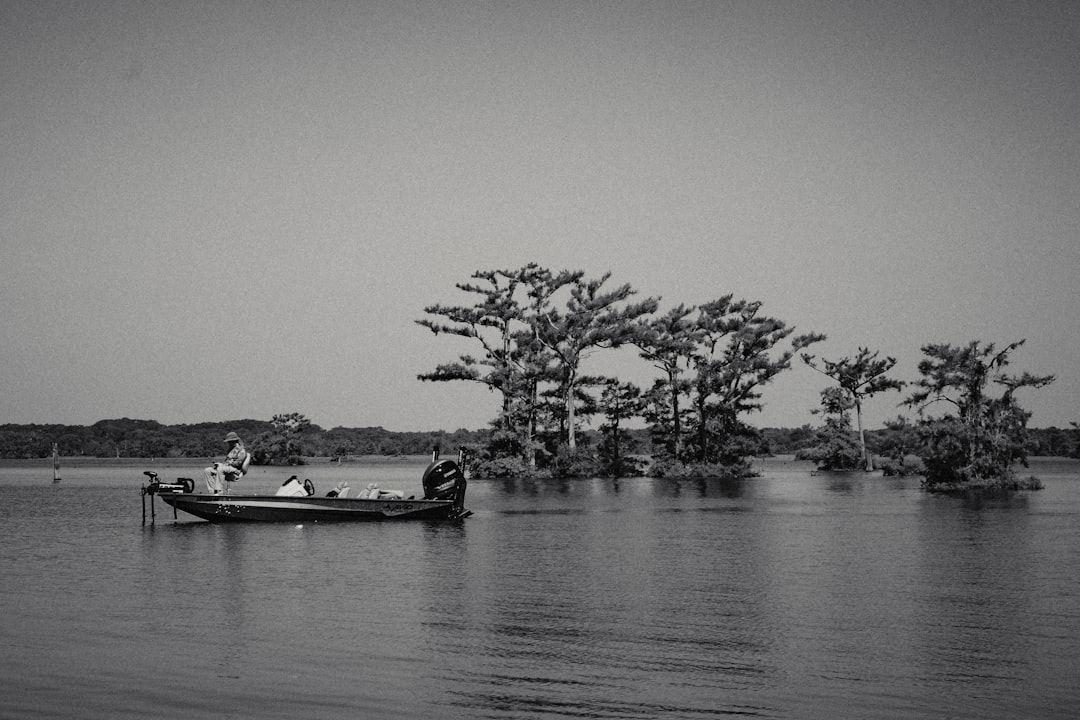
Navigating legal and social challenges has been a significant aspect of Creole culture in New Orleans. One of the notable hurdles has been dealing with Do Not Call laws, which are designed to protect residents from unwanted telemarketing calls but can be complex to manage for businesses and individuals alike. In Louisiana, both Do Not Call lawyers and attorneys specializing in spam call laws play crucial roles in assisting residents and local businesses in understanding and complying with these regulations.
The community struggles against these challenges involve ensuring that legitimate communication reaches the right audiences while blocking malicious or unwanted calls. This balance is essential for maintaining a healthy business environment and preserving the cultural vibrancy of New Orleans. Legal representation from Do Not Call lawyers in Louisiana helps residents protect their privacy and avoid harassment, fostering a sense of security within the community.
Modern Legacy: Preserving Creole Heritage in Louisiana Today

In modern times, the rich cultural heritage of New Orleans’ Creole community continues to shape and influence Louisiana’s identity. Despite historical challenges, their unique language, cuisine, and traditions have persevered, ensuring a vibrant legacy that is distinctly Creole. Today, this cultural tapestry is celebrated and preserved through various initiatives across the state, reflecting a strong sense of pride in Louisiana’s past.
Efforts to safeguard Creole heritage are evident in educational programs, cultural festivals, and community-led organizations dedicated to promoting and sharing their stories. These endeavors not only educate but also foster a deeper understanding and appreciation for the Do Not Call laws and the spirit they represent—a reminder that preserving historical norms is integral to Louisiana’s modern identity, free from unwanted intrusions, just as the state’s laws protect its residents from spam calls.

